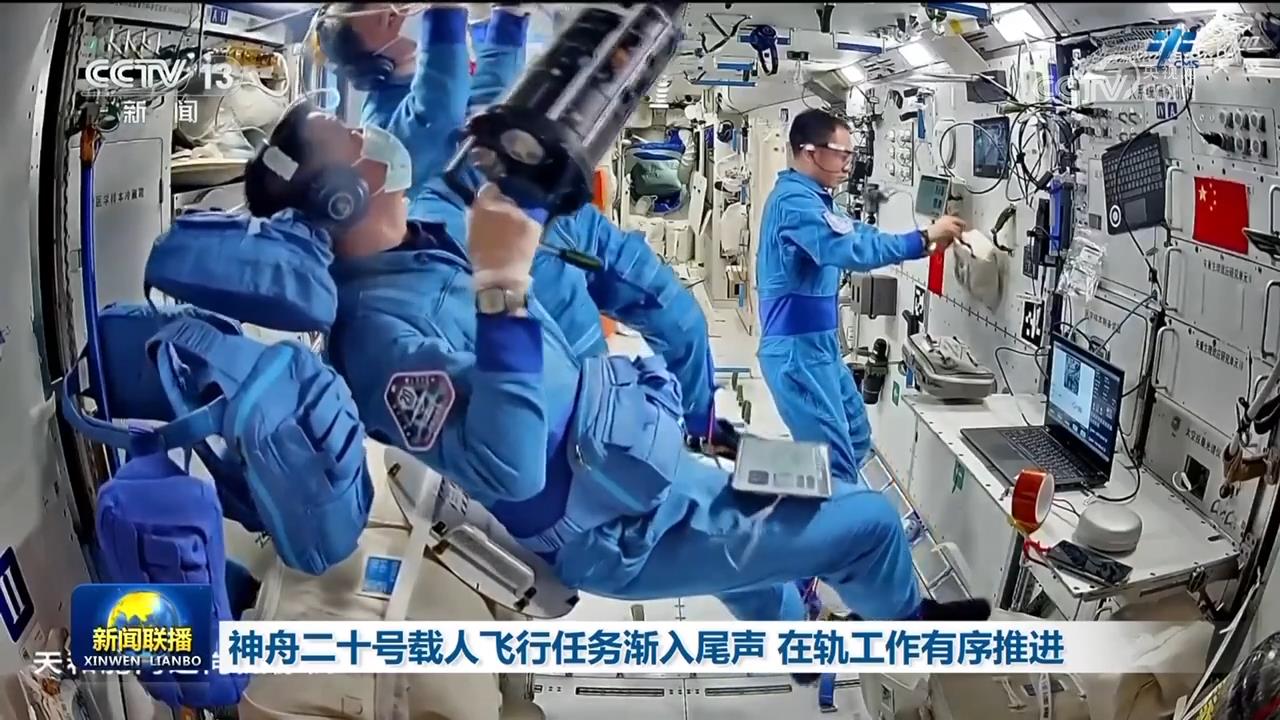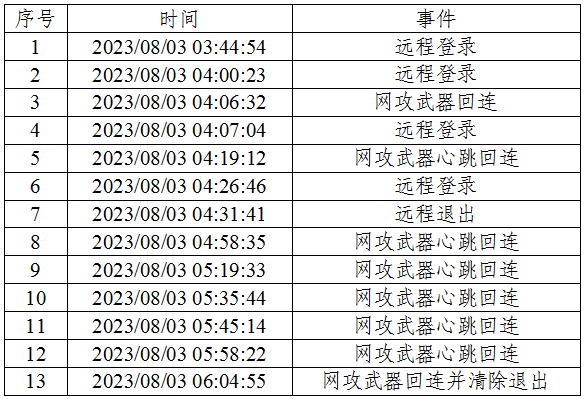China News Service, Beijing, October 20 (Reporter Chen Su) China's National Bureau of Statistics announced on the 20th that in the first three quarters, China's total retail sales of consumer goods increased by 4.5% year-on-year, and final consumer spending contributed 53.5% to economic growth, an increase of 9 percentage points from the previous year, continuing to play the role of the main engine of economic growth.
"Faced with many challenges and a more complex external environment, China's economy has withstood the pressure and maintained rapid growth. Domestic demand, especially consumption, has played a fundamental role in stabilizing economic growth." Zhang Yongjun, Secretary-General of the China Center for International Economic Exchanges, told a reporter from China News Service.
As he said, the scale of China's consumer market has expanded steadily since the beginning of this year. The year-on-year growth rate of total retail sales of consumer goods in the first three quarters was 1.2 percentage points and 1.0 percentage points higher than the same period last year and the whole year of last year, respectively. This is due to the continued effectiveness of policies to boost consumption.
This year, relevant parties have issued 300 billion yuan (RMB, the same below) of ultra-long-term special treasury bonds to local governments in four batches to support the expansion of the trade-in of consumer goods, using "real money" to help release residents' consumer demand.
In the first three quarters, the retail sales of household appliances and audio-visual equipment, cultural office supplies, furniture, and communication equipment for units above designated size covered by the trade-in policy all maintained double-digit growth. As of September 10, the number of car trade-in applications nationwide this year has exceeded 8.3 million, which is equivalent to more than 30,000 people applying for new cars every day.
Driven by a series of policies and measures to expand service consumption, China’s demand for service consumption has also accelerated, effectively driving the growth of the consumer market. In the first three quarters, service retail sales increased by 5.2% year-on-year, 0.1 percentage points faster than the growth rate from January to August, and 0.6 percentage points higher than the retail sales of goods in the same period.
In addition, emerging consumption models such as instant retail, live streaming, and social e-commerce are growing rapidly. In the first three quarters, China's online retail sales increased by 9.8% year-on-year, 0.2 percentage points faster than the growth rate from January to August, and the growth rate has continued to accelerate since May.
Yu Jianxun, Director of the Department of Trade and Foreign Economic Statistics of the National Bureau of Statistics, said that since the third quarter, the growth rate of online retail sales of physical goods has accelerated month by month, and the role of online commodity consumption in driving the growth of total retail sales of consumer goods has continued to increase.
However, while the scale of the consumer market continues to expand, it should also be noted that the growth rate of China’s total retail sales of consumer goods in the first three quarters was lower than the overall economic growth rate, and residents’ willingness to consume still needs to be improved.
Among them, the total retail sales of consumer goods increased by 3.0% in September. Affected by factors such as the Mid-Autumn Festival falling on the wrong month and fewer holidays, the growth rate dropped 0.4 percentage points from August. After deducting price factors, the total retail sales of consumer goods actually increased by 3.5%.
Zhang Yongjun said that in the first three quarters of this year, China’s investment fell year-on-year, which had a certain impact on consumption. In addition, in the face of an environment of increasing uncertainty, residents’ tendency to save has increased and their tendency to consume has declined.
Zhang Yi, Director of the Household Survey Department of the National Bureau of Statistics, said that in the next stage, we must continue to stabilize and expand residents’ employment, promote sustained and stable growth of residents’ income, and continuously enhance residents’ consumption ability and willingness to consume.
Zhang Yansheng, a researcher at the China Institute of Macroeconomics, believes that further expanding domestic demand and releasing consumption potential in the future will be crucial to the Chinese economy. In addition to the current package of policies to boost consumption, it is also necessary to think more systematically about more overall measures to mobilize the enthusiasm of all parties through "loosening", "liberalizing" and "activating" to promote stable economic growth and stabilize residents' consumer confidence and expectations.
Zhang Yongjun also pointed out that in the face of an external environment with increasing uncertainty, China's overall economic development this year has been better than expected, so "confidence is very important." To further boost consumption in the future, we must continue to maintain stable economic growth and correctly guide the expectations of enterprises and residents through the performance of economic development. (End)






